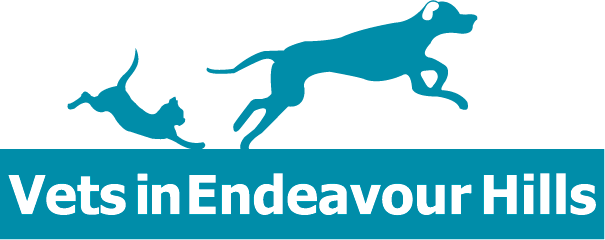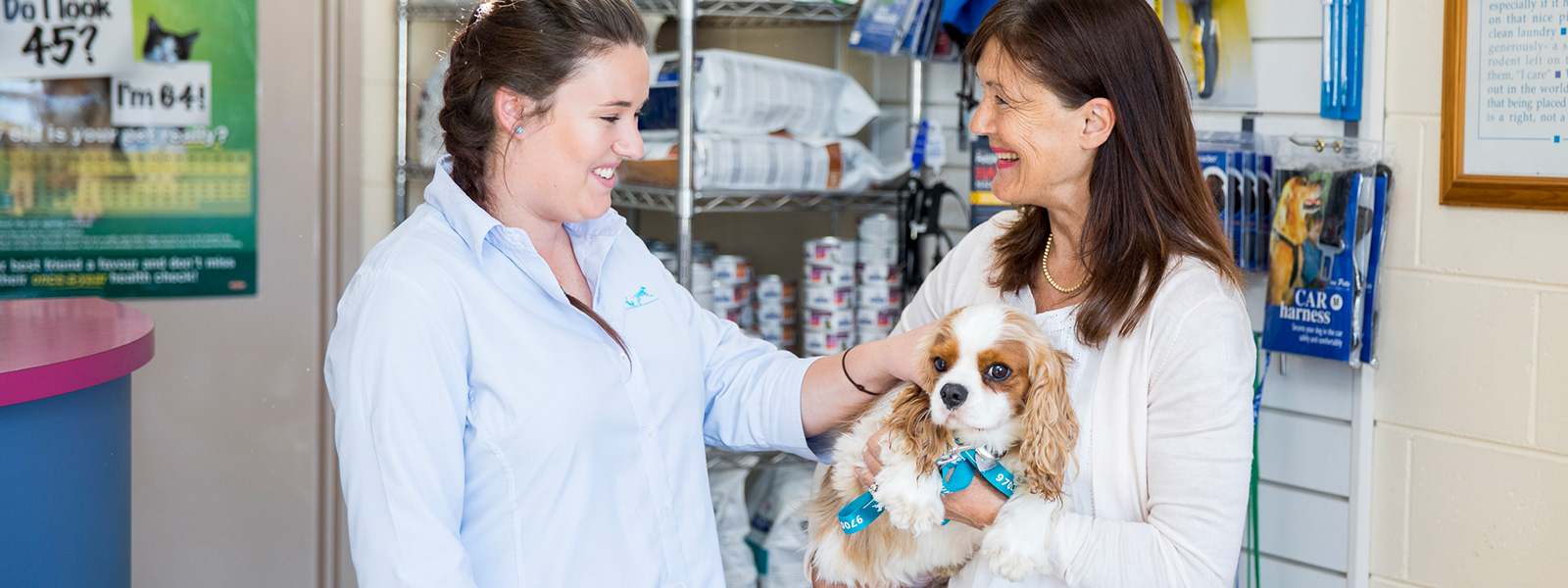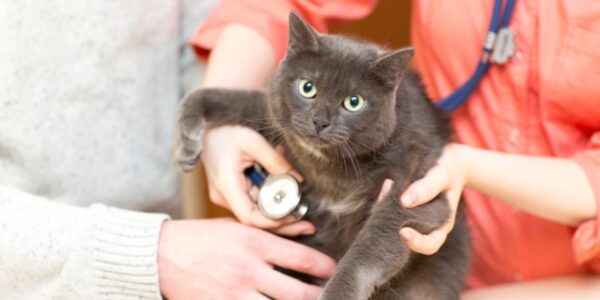At some point in their life, it’s likely that your pet will need a planned or emergency surgery. With state of the art facilities and experienced staff, our clinic is one of the best places in Melbourne for your pet to undergo surgery. However, the outcome of many pet surgeries is dependent not only on the outcome of the procedure itself, but the before and after care they receive at home.
On this page you will find some frequently asked questions to guide pet owners through caring for their animal both before and after surgery.
What do I do before the surgery?
If your pet is undergoing a planned operation, the first thing you should do is get a good grasp of what the surgery is, it’s purpose, how long the recovery period will be, and what type of post-operative care is required. Your vet will be more than happy to explain all of this to you and answer any questions or concerns you might have.
Most planned operations require the administering of a general anaesthetic which does have some risks including the risk of airway obstruction as a result of vomiting. To prevent this, we advise you to not feed your pet after midnight, the night before the surgery. Water can still be freely given until you wake up in the morning.
Depending on the surgery and your pet’s post-operative care requirements (this will depend on the type of procedure, the age of your pet, and the presence of any pre-existing health conditions) you might consider taking a few days off work to aid in their recovery.
What happens at the admission appointment?
Admission appointments are usually undertaken by a vet nurse who will be able to answer any last-minute questions you might have. During the appointment, you will be asked to read and sign a consent form and you may also discuss extra care options if they are available.
It’s crucial that you provide a phone number which the clinic can use to promptly contact you at any point during your pet’s hospital stay to discuss any unexpected changes or events relating to their care.
How can I make the surgery safer for my pet?
To ensure we have a complete picture of your pet’s current health, we recommend a pre-anaesthetic blood test which can be used to check the function of many of your pet’s major organs. These tests can sometimes result in the diagnosis of previously unknown conditions which may require a modified dose of anaesthesia.
With state of the art in-house blood analysers, we can process and receive the results of your pet’s test on the morning of their procedure.
When will my pet be able to come home?
You will receive a call or text from us as soon as your pet is awake. For standard procedures such as dental cleaning, de-sexing and lump removal, most animals can go home the same afternoon. More complicated surgeries may require an overnight stay which will be discussed with you in advance.
The vet or vet nurse will provide you with detailed discharge instructions and let you know when your pet will be able to eat or drink again. A post-op appointment will also be scheduled at discharge.
How do I care for my pet when I bring them home?
Once you get your pet home, you should set them up in a warm, quiet room where they can stay for the duration of their recovery. During the first 24 hours at least, cats should be kept indoors and dogs should only be let outside for a toilet break. Grogginess is common after an anaesthetic, so your pet may be a little unsteady, uninterested in food, or confused but this is perfectly normal. Sometimes a tube is inserted in your pet’s throat to assist breathing during the procedure which can irritate their windpipe, causing coughing for a few days after surgery.
If your pet does appear to be hungry, it’s fine to give them half of their normal amount of food for dinner. If your pet vomits this up, just make sure they have plenty of water and don’t feed them for another 12 hours.
After this period has passed, it’s still ideal to keep your cat indoors and avoid walking your dog on a leash until their stitches are removed. If additional exercise or activity restrictions are required, our staff will inform you during the discharge appointment.
What do I watch for? Is there anything I need to be worried about?
Get in touch with the clinic if you observe repeated vomiting, extreme lethargy, restlessness, or any bleeding, discharge or excessive swelling from surgical wounds. Even if there is something minor that you are concerned about, please do not hesitate to contact us.
Can my pet be washed?
Whilst your pet has a dressing or stitches in place, they need to remain clean and dry to assist healing and prevent infection. This means no washing or bathing until they are removed or when advised by your vet.
How do I stop my pet chewing out the stitches?
All animals who have stitches in place will be sent home with an e-collar to prevent licking and chewing at them. It is important that you follow the recommendations given at your pet’s discharge to ensure their wound or dressing remains out of reach during the recovery period.
When will my pet’s next visit be?
Typically after a procedure, we will schedule in a post-operative check within 3-5 days. It is at this visit that your pet will receive a full health check to ensure they are recovering from their anaesthetic and that their surgery site is healing as expected. This appointment is important, as it allows us to pick up and address any issues early.
External stitches (if placed) are then removed at a separate appointment, usually 10-14 days after surgery.




